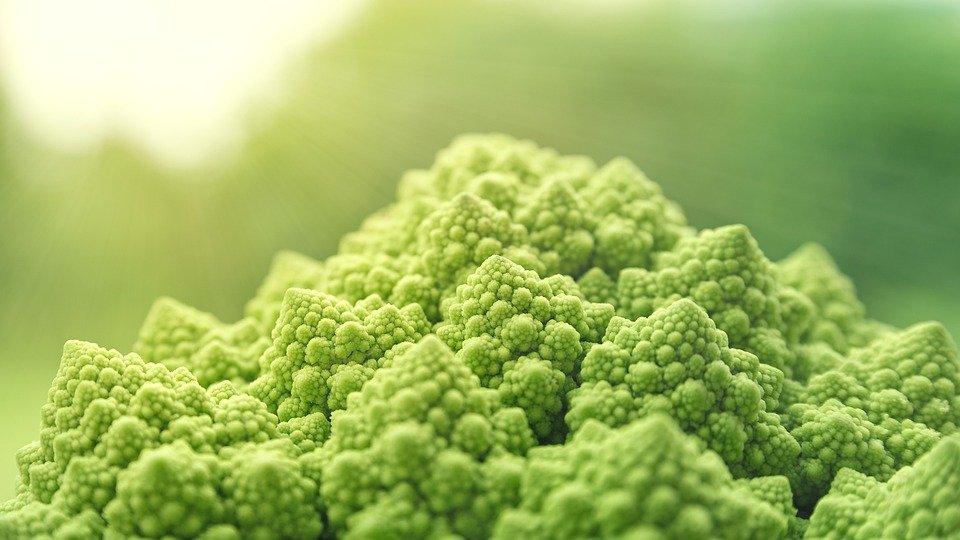Going Vegan: A Beginner’s Guide to Making the Transition
Introduction:
In recent years, there has been a growing interest in veganism as more people become aware of the impact of their dietary choices on the environment, animal welfare, and their own health. Going vegan means eliminating all animal products from your diet and lifestyle. Making this transition may seem daunting at first, but with the right information and guidance, it can be an empowering and fulfilling choice. This beginner’s guide aims to provide you with the essential information you need to embark on your vegan journey and address some frequently asked questions along the way.
Why Go Vegan?
There are numerous reasons why people choose to adopt a vegan lifestyle. Here are some compelling reasons:
1. Animal Welfare: By going vegan, you are actively contributing to the reduction of animal suffering and exploitation. The meat, dairy, and egg industries often subject animals to cruel living conditions and inhumane practices.
2. Environmental Impact: Animal agriculture is a significant contributor to greenhouse gas emissions, deforestation, and water pollution. By choosing a plant-based diet, you reduce your carbon footprint and help combat climate change.
3. Health Benefits: A well-planned vegan diet can provide all the necessary nutrients and has been shown to reduce the risk of chronic diseases such as heart disease, diabetes, and certain types of cancer. It can also lead to increased energy levels and weight loss.
Getting Started:
1. Educate Yourself: Before making the transition, take the time to educate yourself about veganism. Learn about plant-based sources of protein, essential nutrients, and how to ensure a balanced diet. There are plenty of books, documentaries, and online resources available to help you on your journey.
2. Gradual Transition: It’s often helpful to make a gradual transition rather than diving into veganism overnight. Start by incorporating more plant-based meals into your diet, gradually replacing meat and dairy products with plant alternatives. This approach allows your taste buds and body to adapt gradually.
3. Experiment with New Foods: Going vegan opens up a whole new world of culinary possibilities. Try new fruits, vegetables, grains, legumes, and plant-based proteins. Experiment with different cooking methods and spices to discover new flavors and textures.
4. Meal Planning: Planning your meals in advance can be extremely beneficial. Explore vegan recipes, create shopping lists, and prepare meals in bulk to save time. Having a variety of delicious and nutritious recipes at hand will prevent you from feeling overwhelmed or deprived.
Common Concerns and FAQs:
1. Will I get enough protein on a vegan diet?
Yes, it is entirely possible to meet your protein needs on a vegan diet. Legumes, tofu, tempeh, seitan, quinoa, nuts, and seeds are excellent sources of plant-based protein. It’s important to consume a variety of these foods to ensure you obtain all essential amino acids.
2. Can a vegan diet provide all necessary nutrients?
Yes, with proper planning, a vegan diet can provide all the necessary nutrients. It’s important to ensure you consume a wide range of fruits, vegetables, whole grains, legumes, nuts, and seeds. Supplements such as vitamin B12 and omega-3 fatty acids may be necessary, and it’s advisable to consult with a healthcare professional.
3. What about calcium and iron?
Calcium can be obtained from plant-based sources such as leafy greens, fortified plant milks, tofu, and sesame seeds. Iron can be sourced from legumes, whole grains, nuts, and seeds. Pairing iron-rich foods with vitamin C sources (e.g., citrus fruits) can enhance absorption.
Conclusion:
Going vegan is a personal journey that can positively impact your health, the environment, and animal welfare. By educating yourself, gradually transitioning, and exploring new foods, you can make a smooth and enjoyable transition to a vegan lifestyle. Remember to plan your meals, ensure proper nutrition, and address any concerns with professional guidance. Embrace this compassionate and sustainable lifestyle and enjoy the benefits it brings to your life and the world around you.


